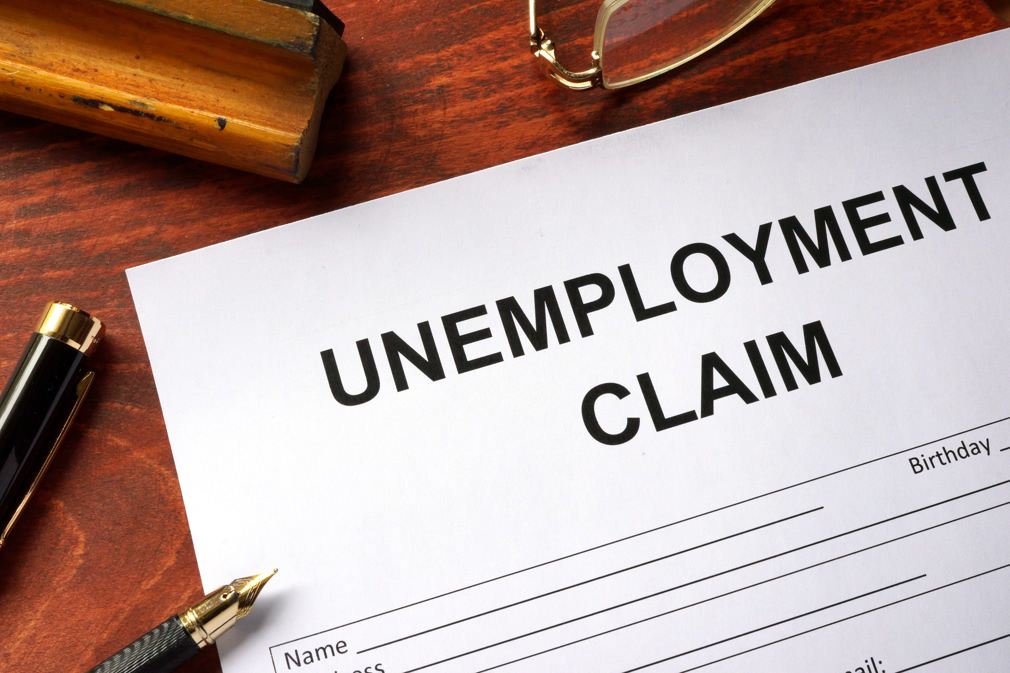Jobless claims totaled 5.25 million last week, the second consecutive decline since the pace hit an eye-popping 6.87 million in the last week of March, according to a Labor Department report on Thursday.
That brings the total jobs lost in the last four weeks of the COVID-19 pandemic to 22 million after businesses were forced to close by states issuing stay-at-home orders that only allowed a restricted amount of economic activity.
While the amount of jobless claims is stunning, it’s the result of measures that were necessary to prevent deaths from COVID-19 from overwhelming hospitals, said Chris Low, chief economist of FHN Financial in New York.
“We were left with no other option because without the lockdowns and the social distancing, hospitals would have been overrun,” said Low. “We’re talking about preventing unnecessary deaths, literally in the streets because the health system would have broken down, and the only way to do that was to close the economy down.”
Based on the weekly claims numbers, the unemployment rate for April will easily surpass the all-time high of 11% in November 1982, according to a report by Wells Fargo economists.
“The 5.2 million claims filed last week suggests the unemployment rate in April, which will be released on May 8, should exceed 15%,” Wells Fargo said. “The peak of new claims appears to have passed, meaning focus
will now shift to the duration of unemployment.”
The spike in unemployment claims show additional help is needed to support Americans while the economy is on hold, according to Mike Fratantoni, chief economist of the Mortgage Bankers Association.
Congress already has passed three bills aimed at coronavirus relief, including the $2.2 trillion CARES Act passed three weeks ago, and is working on a fourth bill.
“This sudden drop in employment is unprecedented, and highlights the need for continued household support through rental assistance programs, extended unemployment insurance benefits, and other income-related efforts to help people weather this crisis,” Fratantoni said.






